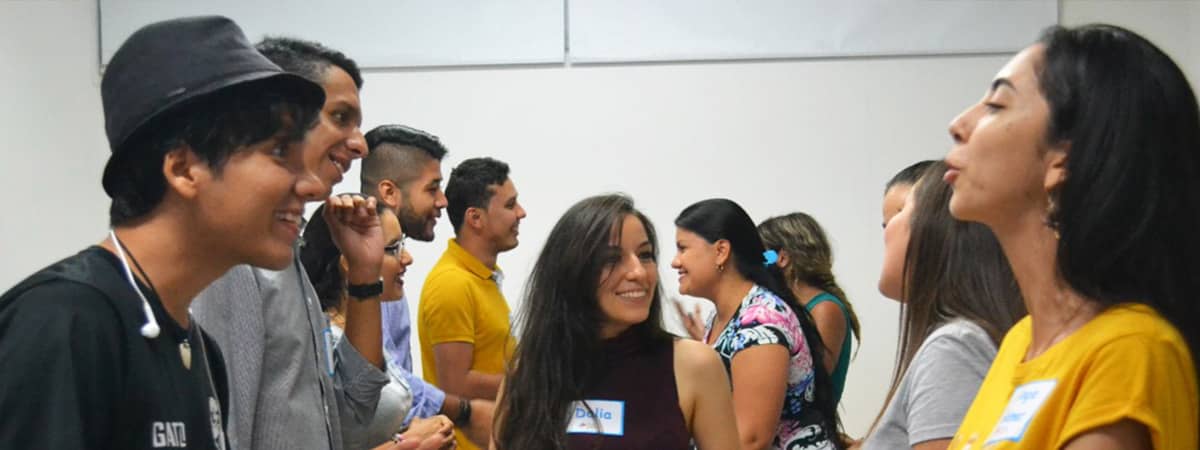Sociology Program at Allan Hancock College
Allan Hancock College’s sociology program explores human behavior, social groups, cultures, and the impact of environments and relationships. Students examine social stratification—how race, wealth, education, and other factors shape status and power in society. The curriculum also covers social change, deviance, mass media, urban organization, and education systems.
Career & Transfer Opportunities
Graduates are prepared for entry-level roles in correctional facilities, group homes,
and human services organizations. The program also supports transfer to four-year
universities. With advanced degrees, students can pursue careers in social work, counseling,
human resources, and more.
Program Learning Outcomes
Students will:
- Develop awareness of global cultural diversity
- Understand social phenomena through a sociological lens
- Demonstrate proficiency in sociological concepts and terminology
- Use digital tools to research and communicate sociological ideas
Degrees and Certificates Offered
Each program has unique requirements. The order in which you take courses may affect your completion time. Visit the links below to view the program requirements and a general semester-by-semester course schedule.
Associate in Arts for Transfer- Sociology
To view all available degrees and certificates visit the Allan Hancock College course catalog.
Programs you may also be interested in exploring:
Contact Information
Department Chair
Roger Hall
805-922-6966 ext. 3427
rhall@hancockcollege.edu
Department Administrative Assistant II
Gia Guerrero
805-922-6966 ext. 3334
gia.guerrero@hancockcollege.edu
Dean, Academic Affairs
Monica Millard
805-922-6966 ext. 5203
monica.millard@hancockcollege.edu
Location
Santa Maria Campus
Bldg. C, Rm. 28
805-922-6966 ext. 3732


